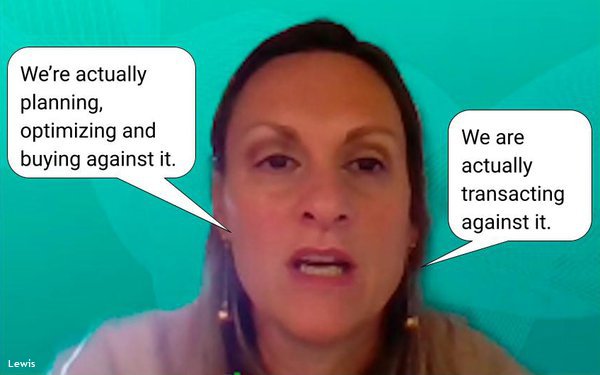
Dentsu International has
quietly begun to integrate so-called attention metrics into both its media planning and buying systems and has begun transacting media buys based on it, the agency’s Chief Investment Officer
disclosed during an Advertising Research Foundation panel discussion on Wednesday.
“Yes, we’ve tested. Yes, we’ve seen the results …